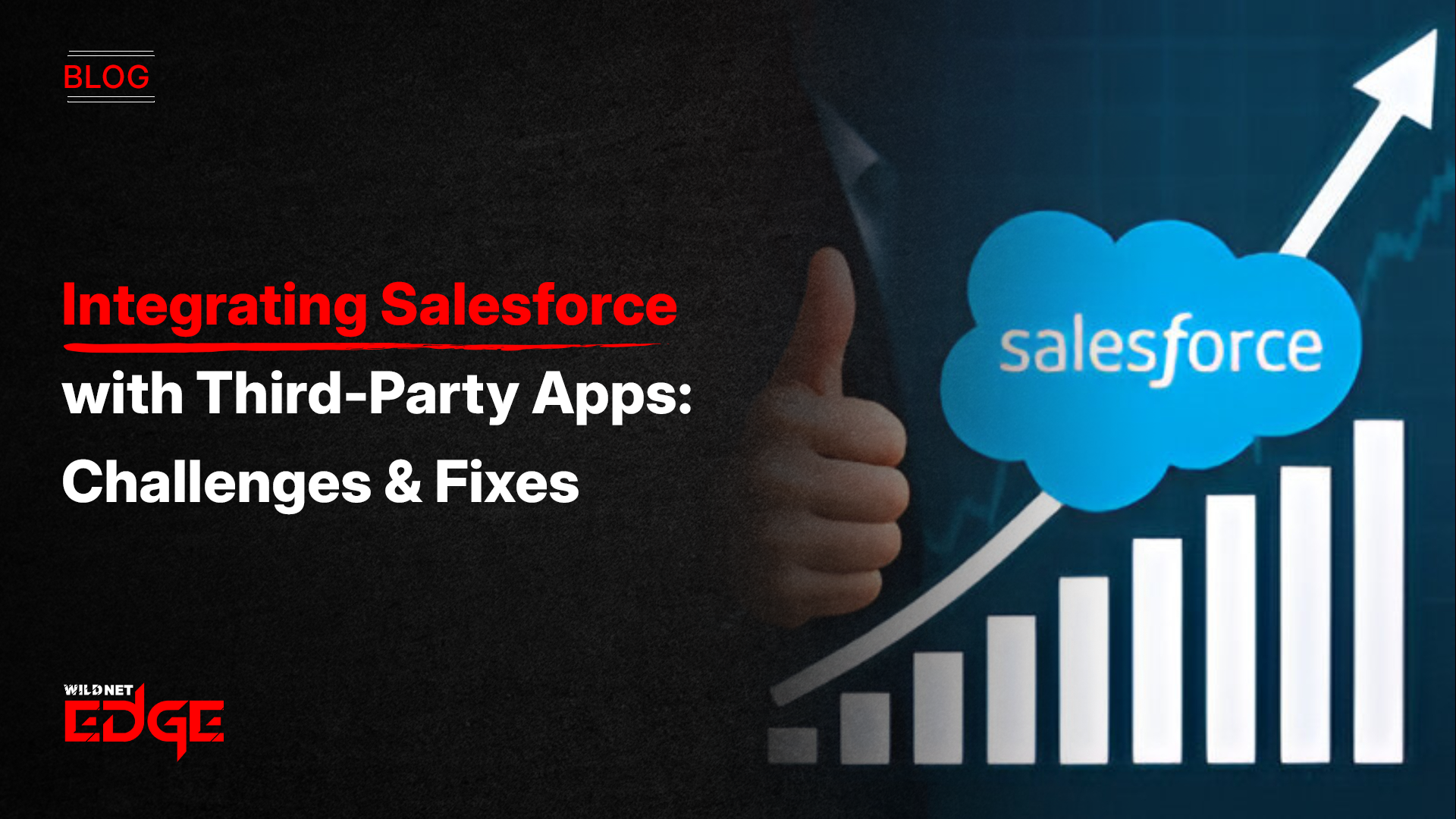Are you tired of juggling multiple tools to manage your clients’ investments? As an investment advisor, you know that effective financial planning is crucial for your clients’ success. But with so many options out there, finding the right financial planning software can feel overwhelming. In this post, we’ll explore how the right software can streamline your processes, improve portfolio tracking, and elevate your wealth management services.
Portfolio Tracking Solutions
Portfolio tracking is a cornerstone of effective financial planning software. It allows investment advisors to monitor the performance of client investments in real-time, providing insights that are crucial for informed decision-making. With advanced portfolio tracking solutions, you can analyze asset allocation, performance metrics, and risk factors all in one place.
By leveraging financial planning software with robust portfolio tracking capabilities, advisors can enhance client relationships. For example, real-time updates and performance dashboards enable more transparent communication with clients. When clients can see how their investments are performing, they feel more confident in their advisors’ decisions. This transparency fosters trust, which is essential in a client-advisor relationship.
Moreover, modern financial planning software often includes advanced analytics that can reveal trends and patterns in client portfolios. This data-driven approach allows advisors to proactively adjust strategies based on market conditions, ensuring that clients are always on the best path to meet their financial goals. Whether it’s rebalancing a portfolio or identifying underperforming assets, effective portfolio tracking can significantly enhance the advisory experience.
In addition, many financial planning software solutions offer integration with financial data providers. This means that advisors can pull in the latest market data seamlessly, enabling them to make informed decisions based on current trends. As a result, portfolio tracking not only improves client relationships but also enhances the overall effectiveness of wealth management strategies.
Wealth Management Platforms
A robust wealth management platform is essential for investment advisors looking to streamline their services and provide comprehensive financial solutions. These platforms typically offer a suite of tools designed to facilitate various aspects of wealth management, from client onboarding to ongoing portfolio management.
One of the key features of a strong wealth management platform is its integration capabilities. The best financial planning software allows you to connect with other tools such as CRM systems, trading platforms, and financial data aggregators. This integration ensures that all client information is centralized, reducing the likelihood of errors and allowing for a more holistic view of client portfolios.
User experience is another critical aspect of wealth management platforms. Software that is intuitive and easy to navigate can save advisors significant time and effort. A user-friendly interface allows advisors to focus on what they do best—serving their clients—rather than getting bogged down in complicated software. Look for platforms that offer customizable dashboards, so you can tailor the interface to meet your specific needs.
Additionally, many wealth management platforms now include features like automated reporting, which can save advisors hours of manual work. Automated reports can provide clients with insights into their investment performance and overall financial health, fostering ongoing engagement and communication. This level of service can set you apart in a competitive market, showcasing your commitment to client satisfaction.
Finally, security features should not be overlooked. With the increasing prevalence of cyber threats, it’s crucial to choose financial planning software that prioritizes data security. Look for platforms that utilize encryption, multi-factor authentication, and regular security audits to protect sensitive client information.
Key Features to Look For
When selecting financial planning software, investment advisors should prioritize certain key features to ensure they choose a solution that meets their needs. Here are three critical features to consider:
- Data Aggregation: Effective financial planning software should offer robust data aggregation capabilities. This feature allows you to gather financial data from various sources, including bank accounts, investment accounts, and retirement plans, all in one place. By having a comprehensive view of a client’s financial picture, you can make better-informed decisions and provide tailored advice.
- Financial Forecasting: Financial forecasting tools are essential for projecting future investment performance based on current data. Advisors can use these tools to simulate different scenarios and help clients understand the potential outcomes of their investments. This capability is particularly valuable during market volatility, as it allows you to proactively adjust strategies to align with clients’ goals.
- Reporting Tools: Comprehensive reporting tools are vital for communicating with clients effectively. Good financial planning software should offer customizable reporting options that allow you to present data in a clear and concise manner. Whether it’s performance reports, risk assessments, or asset allocation summaries, being able to generate professional reports quickly can enhance your credibility and strengthen client relationships.
In addition to these features, consider the scalability of the software. As your practice grows, you’ll want a financial planning solution that can adapt to your changing needs. Look for software that offers additional modules or features that can be added as your client base expands or as your services evolve.
Emerging Trends in Financial Planning Software
The financial planning software landscape is constantly evolving, driven by technological advancements and changing client expectations. Here are some emerging trends that investment advisors should be aware of:
- AI Integration: Artificial intelligence is becoming increasingly prevalent in financial planning software. AI can enhance portfolio tracking by analyzing vast amounts of data to identify trends and provide personalized recommendations. This capability allows advisors to offer more tailored advice based on individual client needs.
- Automation: Automation is revolutionizing the way financial advisors operate. Many financial planning software solutions now include automation features that streamline repetitive tasks, such as data entry and report generation. By automating these processes, advisors can focus on higher-value activities, such as client engagement and strategy development.
- Client Engagement Strategies: Modern financial planning software is designed with client engagement in mind. Features like client portals, mobile access, and interactive dashboards empower clients to take an active role in their financial planning. By providing clients with tools to monitor their investments and financial goals, advisors can foster a collaborative relationship that enhances client satisfaction.
- Focus on Sustainability: As more clients prioritize sustainable investing, financial planning software is adapting to include ESG (Environmental, Social, and Governance) metrics. Advisors can now track and report on the sustainability of investments, allowing clients to align their portfolios with their values.
- Enhanced Compliance Features: With increasing regulatory scrutiny, compliance features have become a must-have in financial planning software. Solutions that offer built-in compliance tools can help advisors adhere to regulations while minimizing the risk of non-compliance.
These trends indicate that the future of financial planning software will be more client-centric, data-driven, and efficient. Staying ahead of these trends will help investment advisors provide better services and adapt to the evolving needs of their clients.
Conclusion
In conclusion, selecting the right financial planning software is vital for investment advisors looking to improve efficiency and client satisfaction. By focusing on portfolio tracking solutions and robust wealth management platforms, you can enhance your service offerings and build stronger relationships with your clients.
With insights on key features and emerging trends, you can make informed decisions that will elevate your practice. Trust WildnetEdge to provide the tools and expertise you need to thrive in this competitive landscape. Get started today!
FAQs
Q1: What are the benefits of using financial planning software?
Financial planning software streamlines processes, enhances portfolio tracking, and improves client communication.
Q2: How does portfolio tracking improve investment strategies?
Portfolio tracking allows advisors to monitor performance, make data-driven decisions, and adjust strategies proactively.
Q3: What should I consider when choosing a wealth management platform?
Look for integration capabilities, user-friendly interfaces, and robust reporting features to meet your clients’ needs.
Q4: Can financial planning software help with compliance?
Yes, many financial planning software solutions include compliance features to help advisors adhere to regulatory standards.
Q5: Are there any affordable options for financial planning software?
Yes, there are various affordable financial planning software options available that cater to different needs and budgets.

Nitin Agarwal is a veteran in custom software development. He is fascinated by how software can turn ideas into real-world solutions. With extensive experience designing scalable and efficient systems, he focuses on creating software that delivers tangible results. Nitin enjoys exploring emerging technologies, taking on challenging projects, and mentoring teams to bring ideas to life. He believes that good software is not just about code; it’s about understanding problems and creating value for users. For him, great software combines thoughtful design, clever engineering, and a clear understanding of the problems it’s meant to solve.
 sales@wildnetedge.com
sales@wildnetedge.com +1 (212) 901 8616
+1 (212) 901 8616 +1 (437) 225-7733
+1 (437) 225-7733















 ChatGPT Development & Enablement
ChatGPT Development & Enablement Hire AI & ChatGPT Experts
Hire AI & ChatGPT Experts ChatGPT Apps by Industry
ChatGPT Apps by Industry ChatGPT Blog
ChatGPT Blog ChatGPT Case study
ChatGPT Case study AI Development Services
AI Development Services Industry AI Solutions
Industry AI Solutions AI Consulting & Research
AI Consulting & Research Automation & Intelligence
Automation & Intelligence















